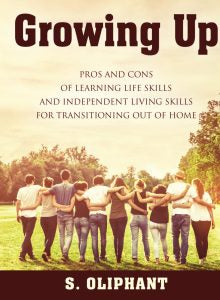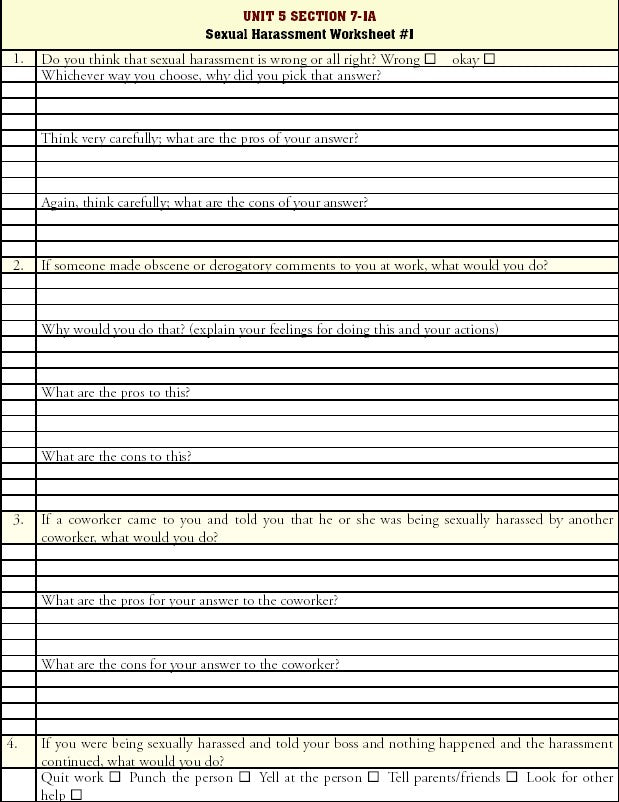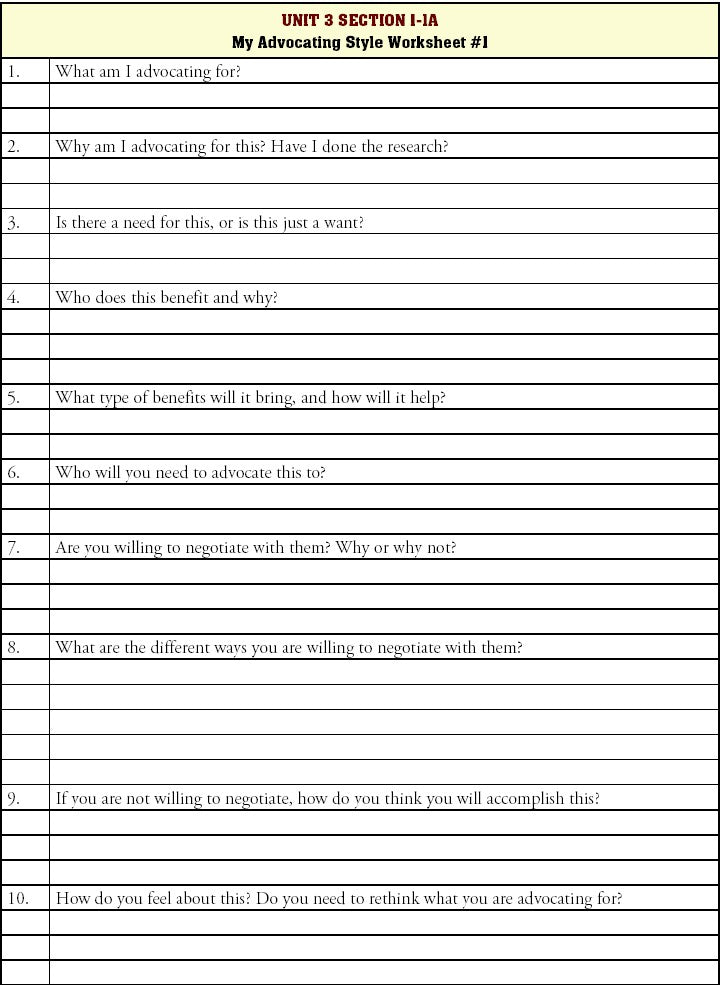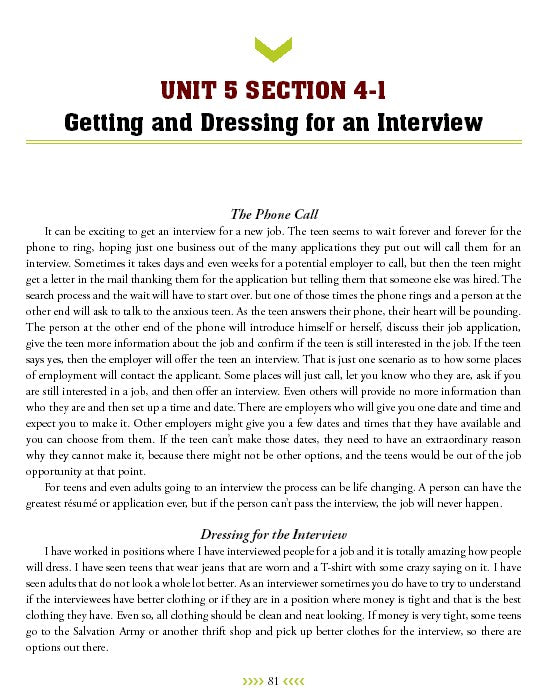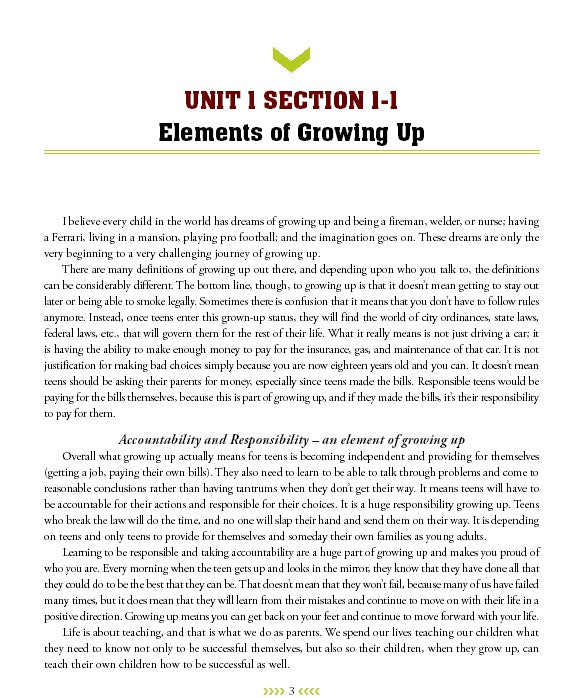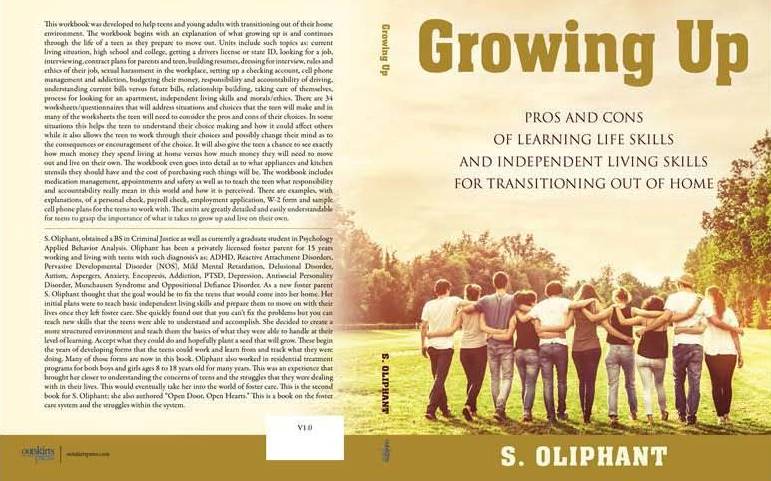Pros and Cons of Learning Life Skills and Independent Living Skills for Transitioning Out of Home by S. Oliphant
Pros and Cons of Learning Life Skills and Independent Living Skills for Transitioning Out of Home by S. Oliphant
Couldn't load pickup availability
ISBN: 9781432785192
Growing Up
Pros and Cons of Learning Life Skills and Independent Living Skills for Transitioning Out of Home
by S. Oliphant
As we look into the future it is evident that there are many teens and young adults who are leaving high school without any idea as to what is really out in this world. This book will help those learners step by step to begin to understand what it takes and what is expected out of them to be successful once they leave their home. Teachers and coaches will find this book easy to relate to and to work with the learner. Many benefits to this book for teachers and coaches is that it is a superior way to encourage their learners to think before it is to late. We have found that learners will open up with hardly any effort in working in the book. This allows the teacher or coach to really see where their learner is coming from and understand their choice making in a completely different context. The book offers the opportunity for the learner to think about the situation or issues and make a decision based on the scenario. They will then decide if that is the best decision by exploring the pros and cons of that decision. This leaves room for the teacher or coach to open the doors to discussions that otherwise would never have happened. It is amazing how much dialog can be created with only one of these worksheets. Growing Up was written to influence the up coming generations to explore what living and life skills really are. One of my favorite quotes in the book is: called,
written by S. Oliphant
Growing Up was written so that all learners will have those skills to keep moving forward and when failure happens they can learn from it and move on with their lives. It was also written with the intention of using it to help parents/teachers learn more about how their children/students make their choices. It was written so that each party could understand each other’s feelings, emotions and choice making. It was also developed to help parents/teachers see signs of distress or distraught feelings and thoughts that could lead to volatile behaviors. It gives them time to provide help and encouragement when things look bleak in a person’s life.
The hope that I have is that this book may change the world one teen at a time. Growing Up can be purchased online at Amazon, Barnes & Noble and other online stores. It can also be purchased through the publishers site at: Outskirts Press For orders of 10 or more it can be discounted at this website: https://outskirtspress.com/bookstore/details/9781432785192
Samples of a only a few of the worksheets
Growing Up Unit 1 section 1-1A Worksheet #1 p.9
On the first worksheet the teen will have to imagine themselves stepping into the shoes of a parent. Then the teen will focus on the troubling behaviors that are directed toward them from one of their children. This exercise gives the teen a sense of what the parents are feeling when things are not going well. It will help the teen understand how to be more considerate and how to understand how their parents are feeling when situations like this arise.
Growing Up Unit 1 section 1-1B Worksheet #2 p.11
The second worksheet should be used after the first worksheet is completed. It does give options that the teen can choose from, but it also has the teen deciding why they would choose the answers they did. The importance of this worksheet is the need to decide the pros and cons and to determine if the teen made the right choice. In using the pros and cons this should include questions as these: How does this action affect the teen? How does this option affect the parent (angry, yelling more)? Will anything be accomplished from this action? Could this lead to
disastrous results? How will this help the current relationship between the teen and parent? How does this affect future relationships? How will this make the teen feel (humiliated, sad)?
Unit 1 Section 1-1
How will this make the parent feel (hurt, sad)? This is self-reflection for teens so that they can understand more clearly how their choices affect them and how their choices affect others in their lives.
Growing Up Unit 1 section 1-1C Worksheet #3 p.14
The third worksheet is the same as the second, except that the teen needs to answer the questions as if they were their parents instead of being themselves. It is important that the teen differentiate between their feelings as the parent and their feelings as the teen while doing these two worksheets. Understanding how others’ behaviors affect them and how their behaviors affect others is crucial in growing up. Once done with both of these worksheets, teens should compare answers so they can actually see the results of the behaviors and the damage that can be done when things go wrong and how to build on a positive relationship.
Accountability versus Responsibility Unit 1 section 1-1D Worksheet #4 p.17
The fourth worksheet is on accountability and responsibility and understanding the difference between the two. As was mentioned before, there is a big difference between the two, and many people as well as some dictionaries think the two items are the same, but they are very different. Many times the words are used in the context that when a person is accountable the person takes responsibility for his or her actions. This is true to a certain extent, but using the term “responsibility” is not appropriate when discussing the two actions together. Accountability should be defined more as acknowledging what one has already done, more in past tense. The people did whatever it was, so they need to take accountability for the results. Responsibility is something that someone should do, and it’s that person’s responsibility to do it. In an election the candidate takes accountability for winning the election, but there were many other people who were responsible for getting the candidate the win. One other way to look at this is people are responsible for their actions but accountable for the results of those actions. This can be negative or positive depending on the situations. This worksheet gives examples of the differences and the teen can choose if it is accountability or responsibility that guides the actions. At the end of the sheet the teen can think of things that might relate in their world as to what accountability and responsibility mean.
Check Your Answers Unit 1 section 1-1E Worksheet #5 p.18
The fifth worksheet is called Check Your Answers Worksheet #5. This worksheet is where the teen will combine Worksheet #1 and Worksheet #2 together by each question. The teen is to look at what their answers are when they are acting as the parent or answering as themselves and then tell how each behavior affects the response of the parent or the child, the same or differently. How did the teen feel as the parent in this situation, and how did the teen feel when the role was reversed? What was happening with the relationship at this point?
Be True to Your Word Unit 1 section 1-1F Worksheet #6 p.20
The sixth worksheet is called Be True to Your Word Worksheet #6, and it is another important element for teens to understand. This worksheet is asking for the teen to imagine that they are dealing with certain people whose word is constantly no good. They again need to reflect on how it would make them feel if people were doing it to them and in sometimes very
important situations. It also calls for the teen to think about the difference between the person's word being no good or if the person is just flat-out lying.







